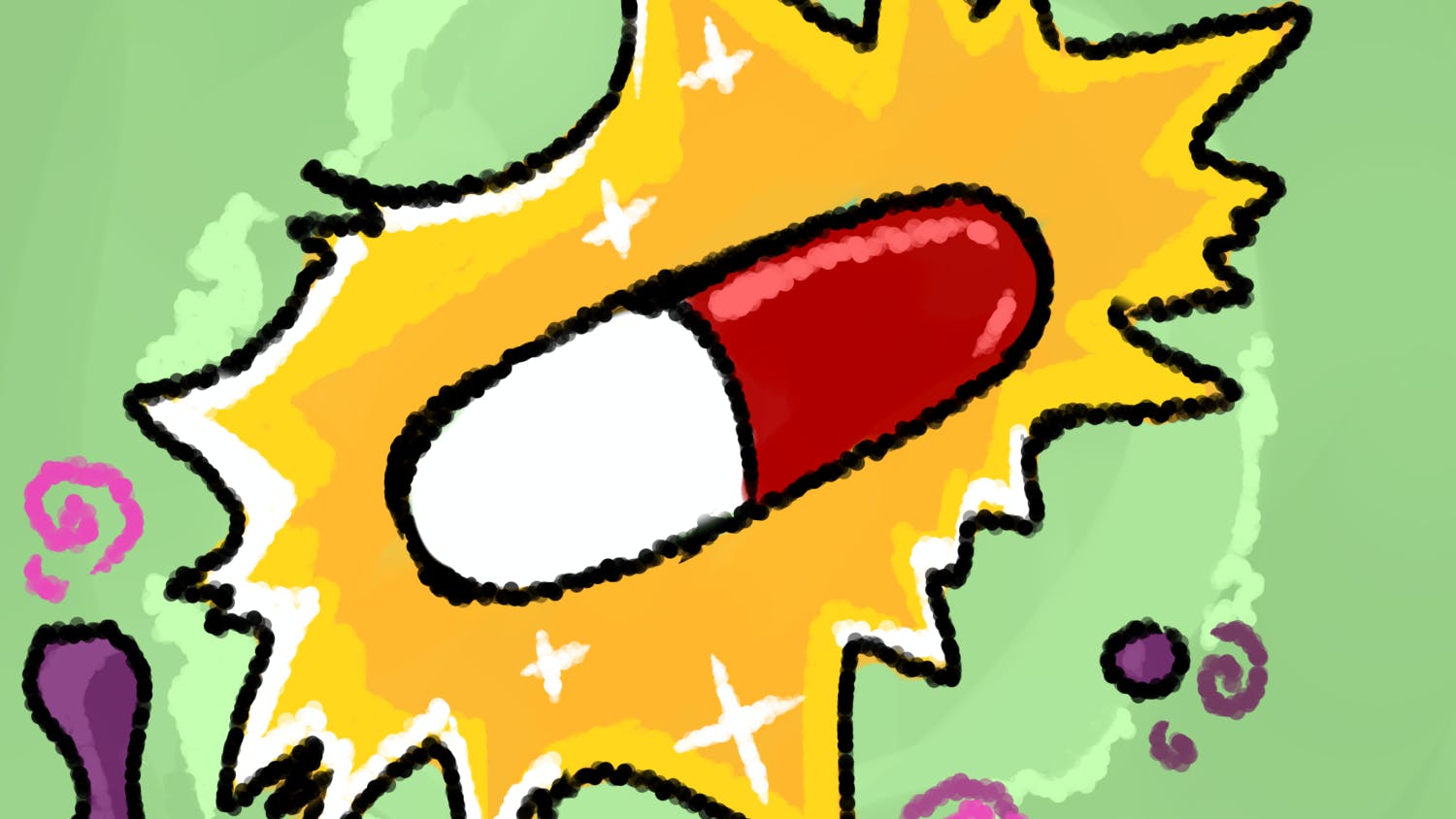Microbes are everywhere. They are germs after all, and germs need a place to thrive.
There are microbes commonly found in the human stomach and mouth, but also in the environment such as soil, lakes, rivers and much more, each with their respective microbiome.
A microbiome refers to all of the microorganisms interacting with one another within a particular environment. The human microbiome, for example, is made up of all of the microbes in the human body.
Microbes make up almost all aspects of human lives, but scientists are still learning the extent with which they impact the human world.
With a new research initiative, UW-Madison hopes to garner new research tackling the microbiome and its effects on everyday life.
UW-Madison’s Microbiome Initiative provides funding in the form of a $1 million grant, paid for equally by the Chancellor’s Office and the Office of the Vice Chancellor for Research and Graduate Education. University faculty researchers must submit proposals for committee review in order to receive funding but final decisions will be made by the OVCRGE.
“This initiative is [broad]. It is trying to understand how the different microbiomes all over the planet influence everything that we do everyday,” Timothy Donohue, a professor of bacteriology and microbiome researcher said.
Donohue runs a Department of Energy funded lab that researches soil microbiomes for biofuels applications. Microbiomes, Donohue explained, are essential for maintaining healthy and diverse ecosystems. The bounds of microbiome research are far-reaching, applying to fields related to the climate, disease, agriculture and other various industries, he added.
According to Donohue, this research initiative also has the potential to create collaboration between various researchers.
“It takes a village to understand how microbiomes work,” Donohue said, explaining that researchers from fields like microbiology, chemistry and various social sciences will be of value in microbiome work. “We have domain expertise in each of these areas … this will hopefully bring people together that haven’t traditionally been brought together in this area.”
The idea for the initiative came in part from the federal government’s investments in microbiome research in recent years. In the past few years, several federal agencies and other funders have provided UW-Madison researchers with 20 awards, generating approximately $8 million annually.
“We hope to advance research efforts in this important and growing field, and to position our faculty to be more competitive when applying for federal funding for their research in this area,” Marsha Mailick, UW–Madison’s vice chancellor for research and graduate education, said.
Faulty researchers at UW-Madison are invited to submit proposals of projects that will advance the breadth and depth of microbiome research on campus. Research and infrastructure projects are eligible for awards up to $250,000, and research community enhancement awards may be up to $10,000. The deadline to apply by is March 15.
“This is not a germ-free planet. Microbes are critical to our existence and we are only beginning to understand who is there,” Donohue said. “What is really exciting about this … is it will generate the technology to learn what they are doing.”






